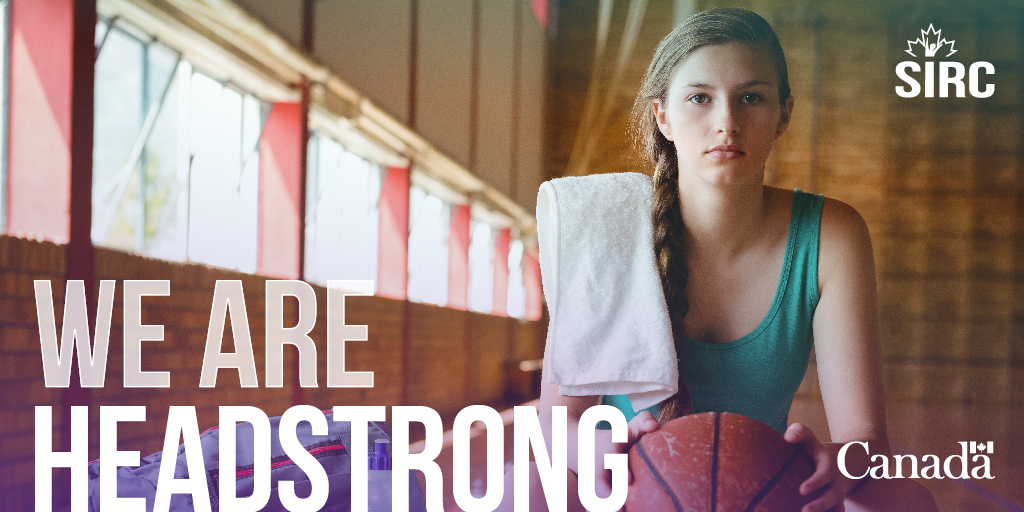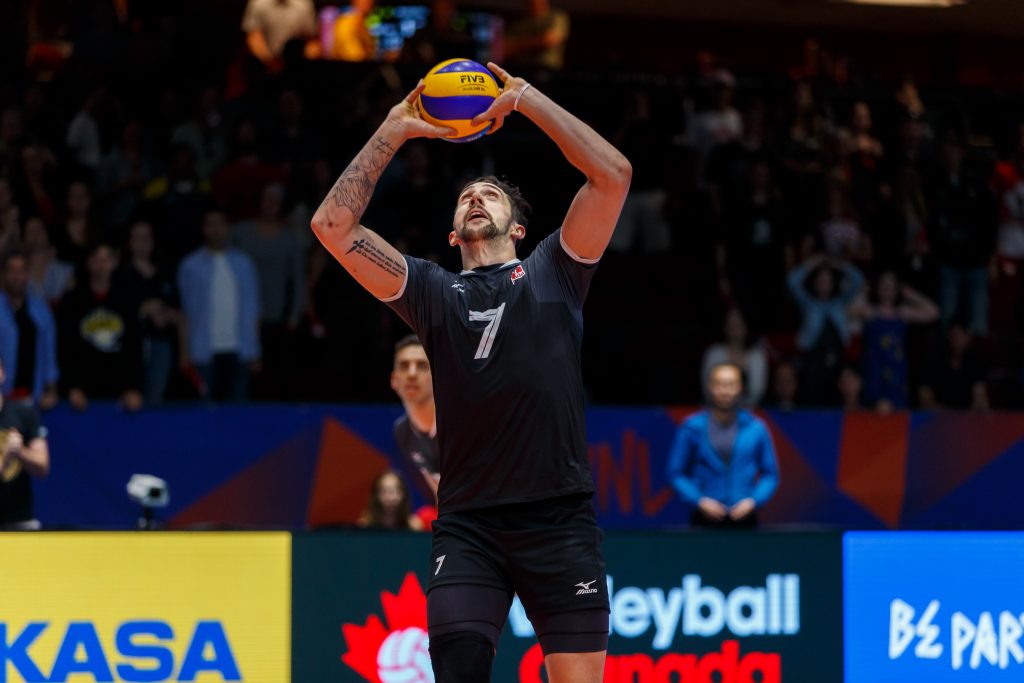CPRA Concussion Webinar
In partnership with the Canadian Parks and Recreation Association, SIRC will be delivering a free webinar on February 25, 2020 at 12:00PM ET. Click here to register for Concussion Management: Best practices and lessons from the Canadian sport and recreation system.
CIHI Infographic
In 2016-2017, 26% of all brain injuries seen in Ontario and Alberta emergency departments were sport-related, and the majority of these (94%) were linked to concussion. Check out this infographic from the Canadian Institute for Health Information.
January Concussion Newsletter
Today is CTE Awareness Day! Chronic Traumatic Encephalopathy (CTE) is a degenerative brain condition resulting from traumatic brain injuries, including concussions and repeated hits to the head – called subconcussive head impacts. Addressing concussion safety and treatment was identified as a priority in the new Minister of Canadian Heritage Mandate Letter. Learn more in the SIRC…
Concussion Education Reaches the Community Sport Level

As awareness of the management and prevention of concussions in sport increases, Canadians have more resources at their fingertips: tools to recognize signs and symptoms, medical assessment letters, sport-specific concussion protocols, and more. Yet even with the proper tools in hand, a gap remains between understanding concussion safety and acting on it – especially at…
Concussion Newsletter – December 2019
It might be surprising to hear concussions are a serious risk in the sport of volleyball, but research revealed 1 in 10 youth athletes will sustain a concussion on the court this year. Learn how Volleyball Canada is using the evidence to inform policy and practice relating to equipment and drills in the SIRC December…
New Website
Notice our new look? SIRC is excited to launch our new website and the Canadian Sport Daily – delivering sport and physical activity-related knowledge, news, resources, and more…straight to your inbox. Check out our new website to access all SIRC content!
2019 Year in Review
Are you new to the SIRC Daily News or still sorting through email from 2018? Check out the top 5 SIRCuit articles and SIRC blogs from 2019 in our most recent blog!
2019 Year in Review

As we ease ourselves into the year ahead, here is a round-up of the most popular SIRCuit articles and SIRC blogs from 2019! Top 5 SIRCuit Articles Gender Equity is Good Governance – Lessons from the Sport Sector Cannabis and Sport: Perspectives from a Seat in the Canadian Senate Managing the Risk of Athlete Burnout…
How data informs Volleyball Canada’s concussion strategy

It might be surprising to hear concussions are a serious risk in the sport of volleyball. But data collection from Volleyball Canada—dating back to 2016—has revealed exactly that. “Our research has shown that about 1 in 10 youth athletes in Canada will sustain a concussion while playing club volleyball each year.” said Kerry MacDonald, Director,…
Champion Article – Volleyball
Policy change is one way Volleyball Canada is striving to improve athlete safety on the court. Changes include warm-up drill practices discouraging athletes from going under the net to retrieve the ball – an area with a high risk for concussions. Learn more in the SIRC Blog.